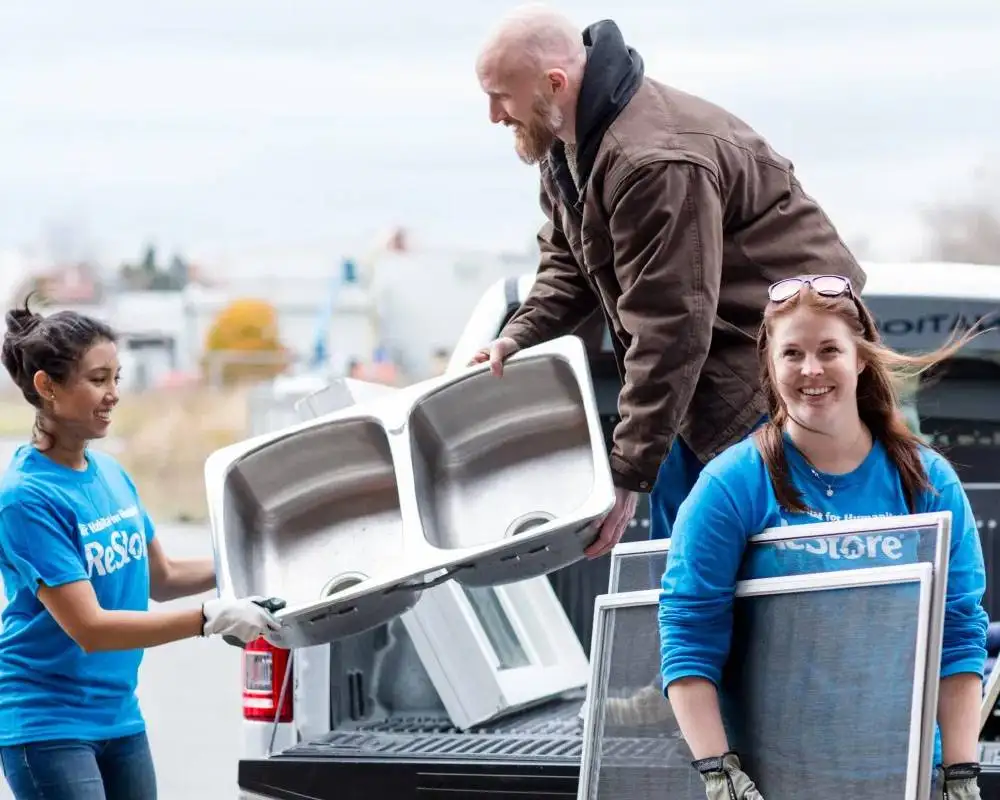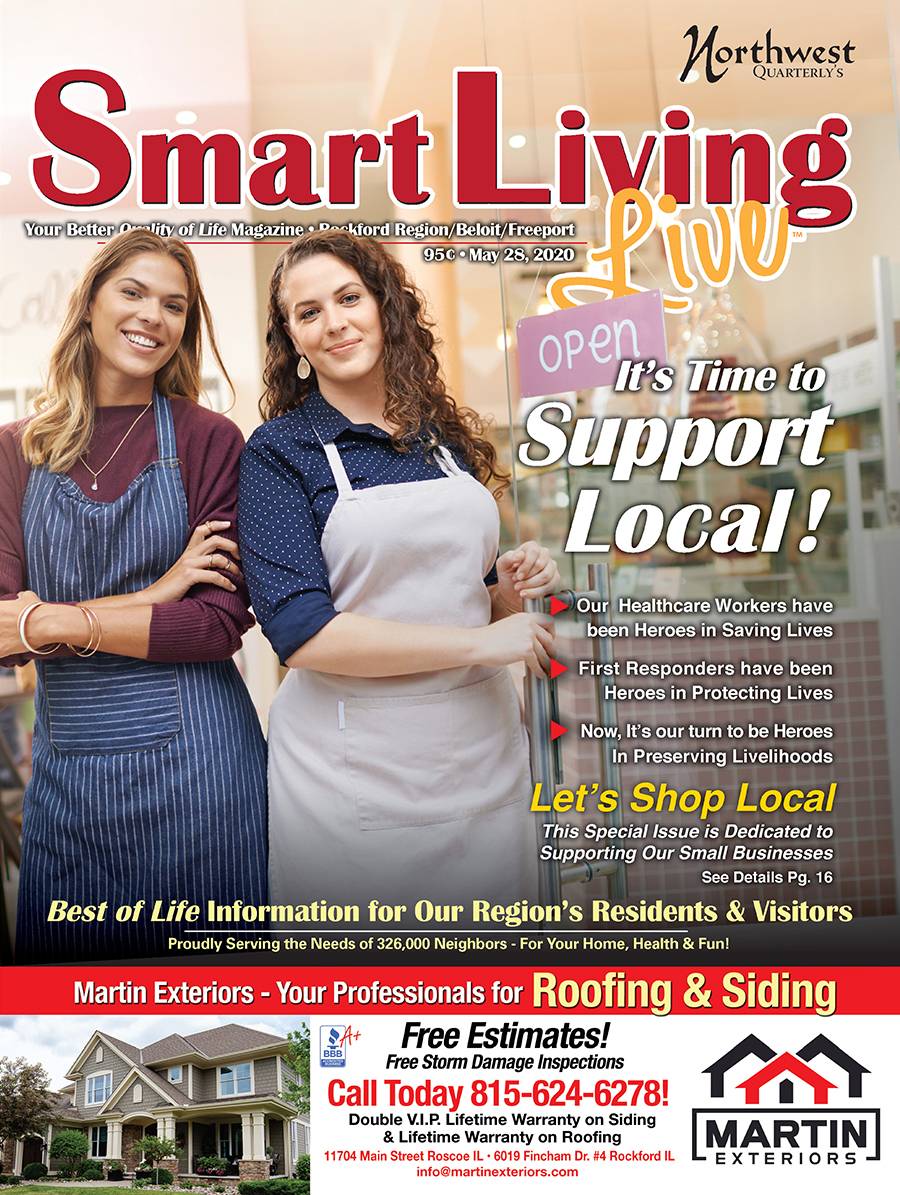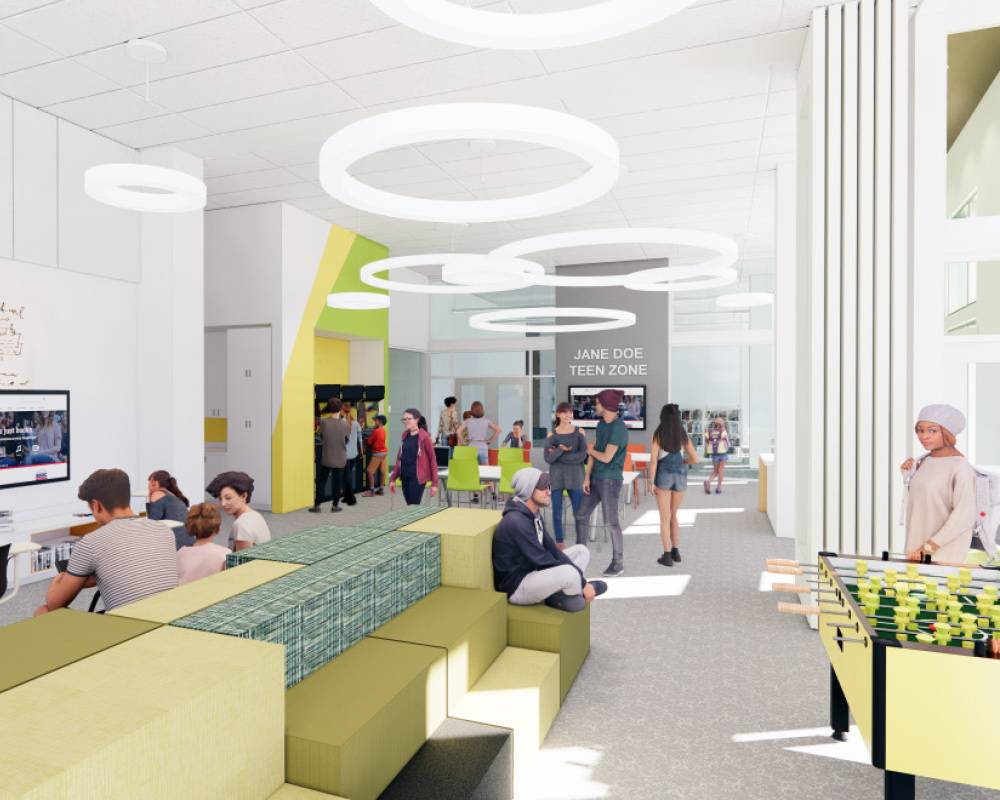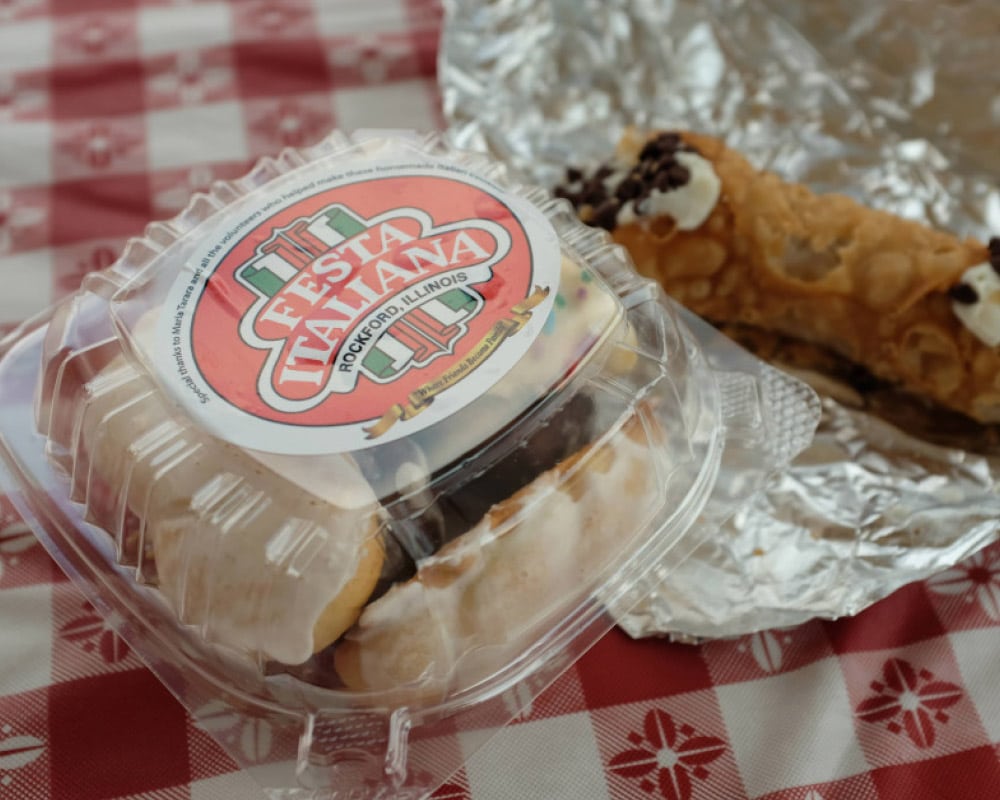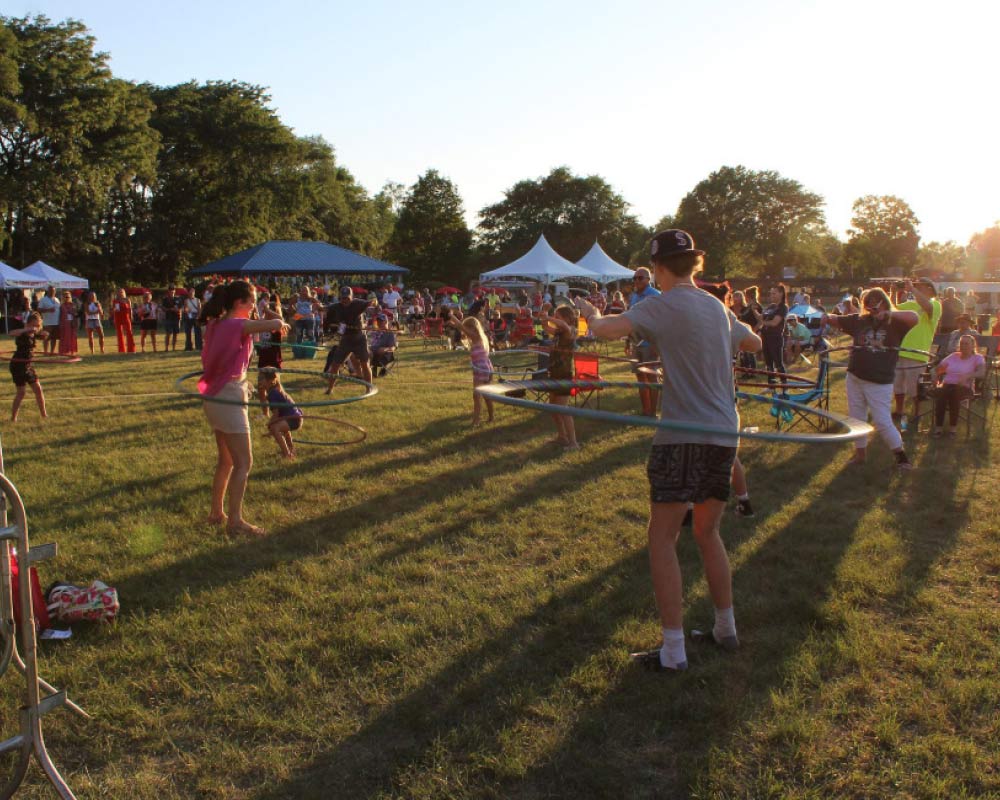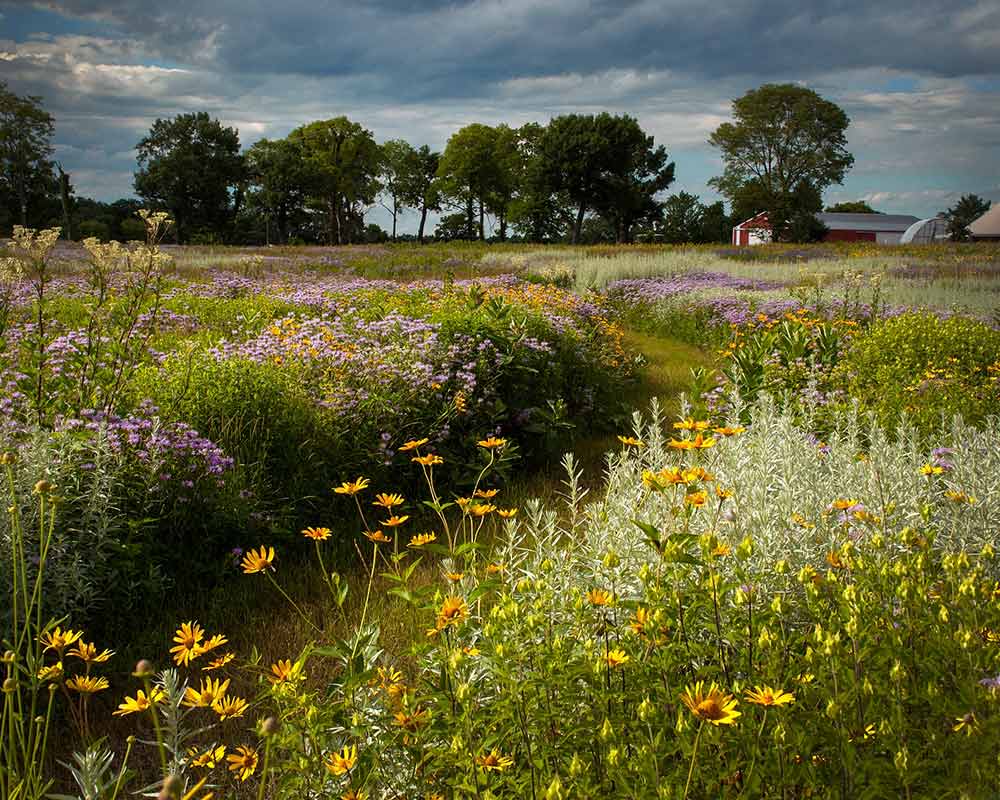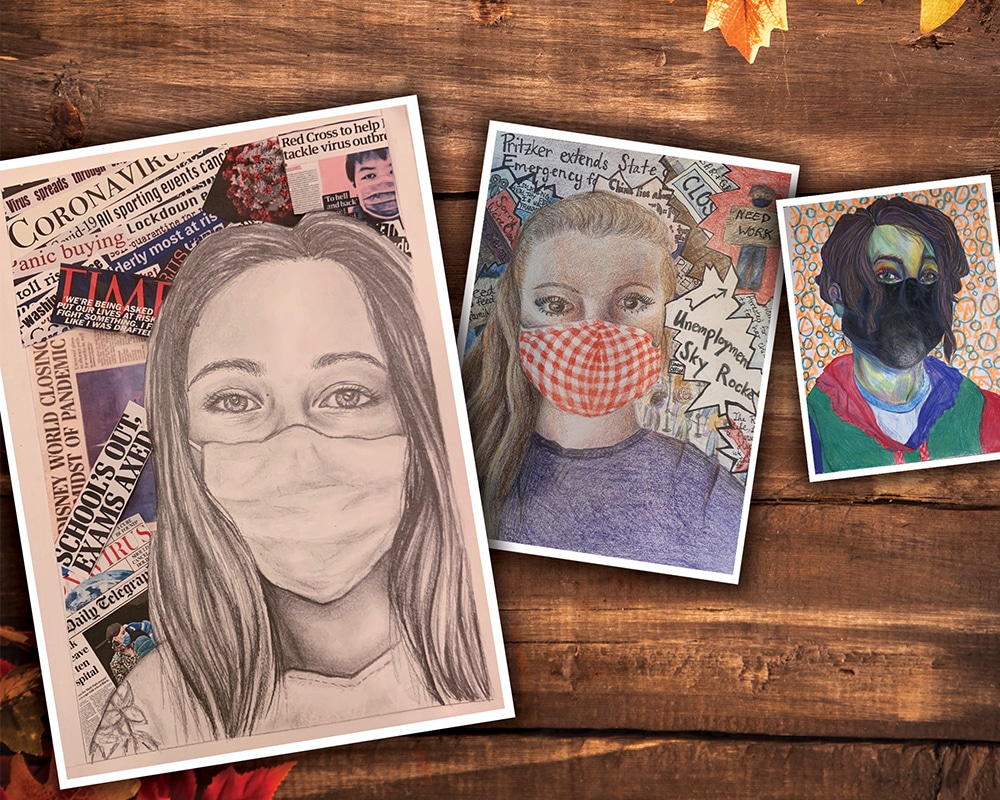Someday this pandemic will be in the rearview mirror. We all hope that day comes sooner than later.
Meanwhile, Midway Village Museum is capturing history while it’s being made, assembling a COVID-19 Collection to gather up memories and memorabilia and to record experiences of local people and organizations while they’re still fresh in our minds, says Curator Laura Furman.
“It’s not a happy topic to revisit, but it definitely has had a big impact on our community and society, and that’s worth remembering,” she says.
Photographs, letters and other items will be archived and made available to researchers and the public, and occasionally will be put on display, she says.
“If we don’t save the memories now, we won’t have them for the future. Everyone will agree this has been an earth-shattering year, with a lot of big stuff going on, and we don’t always realize at the time how it will impact our lives,” she says.
Examples of items already collected include pictures of drive-by birthday parties and Easter celebrations; essays from Boylan Catholic High School students on how they felt when school closed early; self-portraits by art students wearing masks; and the story of a local distillery that went from making liquor to making hand sanitizer.
Among donated items and topics are social distancing floor stickers and signs, face shields, curbside pick-up instructions for restaurants, recorded virtual church services, information about drive-up confession at Catholic churches, home haircuts and the changes hair salons made before reopening.
There’s plenty of room for more. Furman says the museum is particularly short on stories from essential workers.
“We know this is a hard time for them to take a breather and gather their thoughts, but when they can take the time, we are most interested in their stories, too,” she says.
Furman has pulled some information from Facebook, with permission, but social media, in general, won’t be as good of a way for museums to document the past as are actual items, stories, letters and diaries that can be preserved.
The collection will show the many ways the community adapted to the times. Some businesses closed their doors, while others were able to pivot and stay open. Families changed as parents worked from home and children learned at home. People had to be creative to find ways to cope and accomplish what needs to be done, within the pandemic restrictions, she says.
“Just like 9/11 changed our world forever, so will the pandemic,” says Furman. “Ten years from now there will be ways we do business, travel, and go to school that will never go back to normal because of what we’ve learned during this time.”
And although the pandemic is a time of high anxiety for everyone – emotionally, financially and physically – most people can say they’ve learned a lot about themselves and others. Most of us have been forced to slow down and evaluate our lives.
“The pandemic gave us more time to think about what we’ve been putting off in life and to tackle some of those projects that were hard to tackle when running at full speed,” says Furman.
“It also gave us more time to spend with our families, whether doing home projects, working in the yard, cooking, playing games or just spending time together.”
Whenever history is being made, which is all of the time, it’s an opportunity to capture life as it’s being lived. Museums call such efforts “rapid collecting,” gathering items, facts and feelings about significant events while they’re fresh in our minds.
“We want people to know we’re interested in knowing how the pandemic has changed their lives and what they will remember about the time,” says Furman. “And we’ll continue to collect memories and other items as long as people are willing to share them.
“By contributing to the collection, it validates our experiences and makes us more aware that we’re not alone. We’ve all been going through a tough time. If we can be aware of each other’s stories, it will help all of us.”
To make a contribution to the collection, call Furman at (815) 397-9112, ext. 108 or email her at [email protected]. ❚


